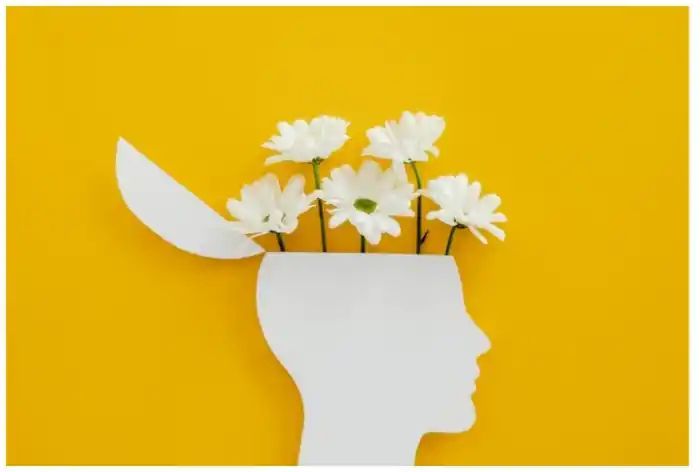Everyday Stress? Here is How Micro Habits Can Help Boost Mental Health

Life is a series of personal and professional growth milestones. For one person, the overarching goal could be to reach a leadership role by their mid-30s, someone else might focus on starting a movement routine.
No matter what we desire in life is, developing healthy habits can help us achieve it. However, forming a new habit is easier said than done. In our heads it all sounds easy and actionable. But waking up early every day to go for a 30-minute walk can be difficult to stick to when the alarm goes off. It’s not because we’re lazy or unmotivated. Research shows there are far more factors than willpower at play.
So, how exactly do habits form? India.com got in touch with Prakriti Poddar Seattle-based wellbeing expert and Global Head, Mental Health at Roundglass Living app. She elaborated and explained that at a chemical level in our brains, habit formation happens in the basal ganglia region.
When you repeat an action multiple times, it forms a loop in the brain consisting of a cue, routine, and a reward. For example, if you are feeling mentally fatigued (cue), you will reach out for a cup of sweetened coffee (routine), and feel more energized (reward). Over time, as this loop is reinforced, the action becomes automatic, turning into a habit.
Eventually, the prefrontal cortex, responsible for decision-making, becomes less involved, and the behaviour becomes second nature-a reason why you can parallel park while listening to the car radio.
Until this loop has formed, however, new behaviours require a lot of brain power. Our minds, wanting to minimize work, try to steer us back to old locked-in patterns. That’s where micro habits come in.





